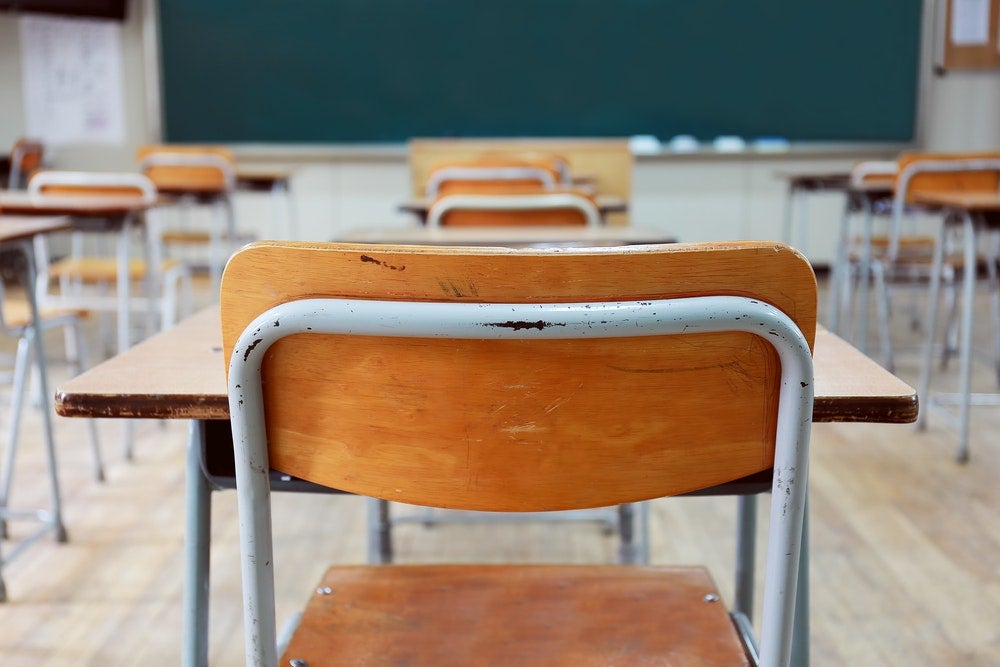John Rogers, director of the UCLA Institute for Democracy, Education, and Access, and Pedro Noguera, director of the UCLA Center for the Transformation of Schools, were quoted in a Los Angeles Times article on the effects of the coronavirus pandemic on students in terms of socioeconomic and racial boundaries throughout Los Angeles and the nation.
The article includes results of recent studies, including one funded by the Bill and Melinda Gates Foundation, that reveals that 15 percent of K-12 parents don’t think their children will be prepared for the coming school year. The digital divide that exists – not only in the lack of of access to computers, but also to high-speed internet access or spaces in homes that are conducive to learning remotely – was also highlighted in the surveys.
“We need to think not just about access, but meaningful access,” said Professor Rogers in the article. “One example: Access to a laptop or tablet (or phone) does not mean that a student has sole access. Anecdotally, we hear about kids in lower-income families sharing devices in ways that limit their ability to participate meaningfully in the lessons. In addition, even when students have a device, they may not have a quiet place to use it.”
“The survey results don’t surprise me,” said Professor Noguera. “Many of the concerns raised by parents were present before the pandemic. Now they have been exacerbated. As the national survey shows, these issues aren’t limited to L.A.”
The article also discussed the impact of parents’ loss of jobs, and the rise in stress levels among both children and parents.
To read, “With the coronavirus keeping campuses closed, parents report academic, financial struggles and stress” in The Los Angeles Times, visit this link.
